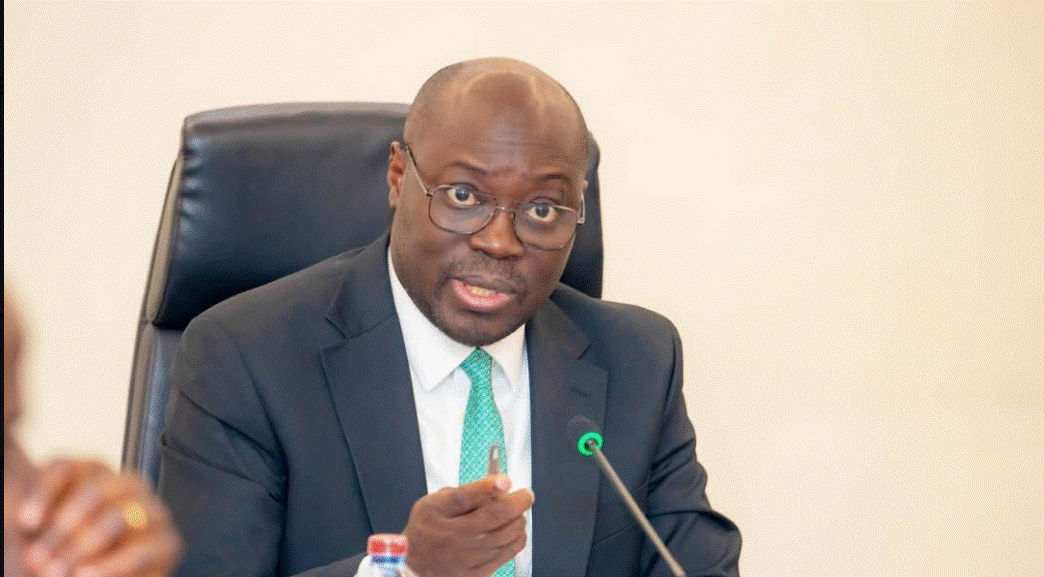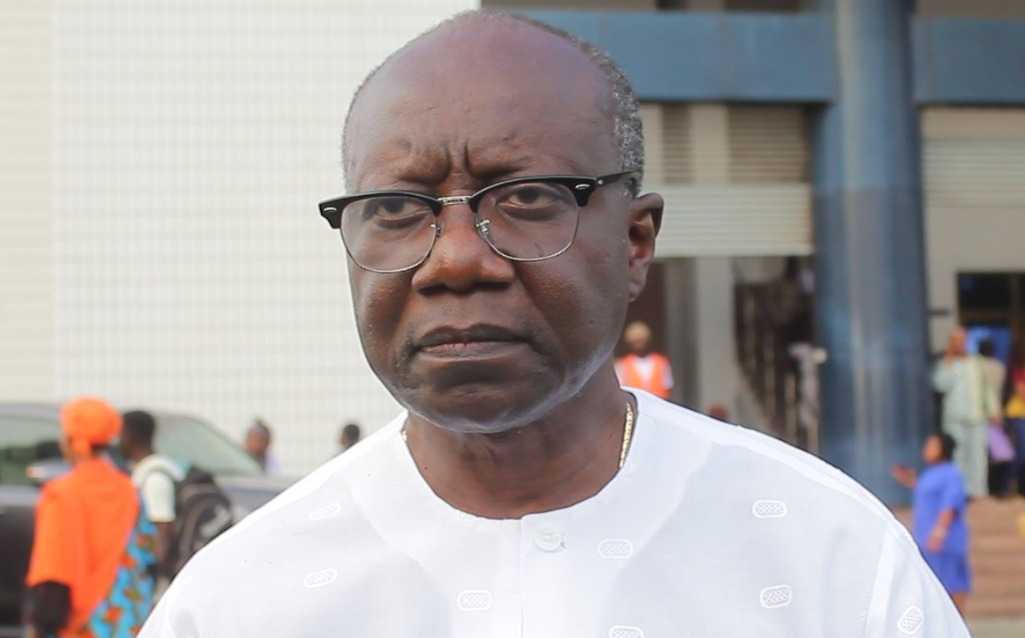
Ghana's determination at creating a digital and formalised economy has been commended and described as a "timely step in the right direction."
The Director of the Centre for Global Finance at the School of African and Oriental Studies (SOAS) at the University of London, Prof Victor Murinde, who gave the commendation, said the government's decision to create and adopt technology in its bid to formalise the Ghanaian economy was apt and congruous.
The Director of SOAS said Ghana's "trail blazing" role in the African digitisation agenda gave credence to the country's pioneering role and urged other African countries to emulate Ghana's example in other to become relevant in the ever-evolving world economy.
Prof Murinde gave the commendation when he gave his closing remarks at the School after Vice President Dr Mahamudu Bawumia had delivered the Distinguished Guest Lecture, Monday 22nd October, 2018.
Speaking after the Vice President's lecture, Prof Murinde, who is a financial economist, with more than 25 years' expertise, with senior-level stints as practitioner, policy and consultancy roles for governments and leading international organisations, urged the Ghana government to stay on, and accelerate the pace of the digitisation agenda to help rapidly formalise the economy.
Vice President Mahamudu Bawumia who Spoke on the topic "The Drive Towards Building a Digital Economy," outlined the need for Ghana to rapidly formalise her economy - government's resolve to leverage technology to achieve the formalisation agenda, the successes chalked so far, and the way forward.
"Nearly 61 years ago we gained independence and inherited an economy that pointed us in one direction - extract your natural resources and export them to the rest of the world; import what you don't have through trade and you may rely on external development assistance to fill your development gaps."
This, economic paradigm, the Vice President said, had not served the country well as Ghana's economy remained colonial, highly informal, undiversified, weak, vulnerable, and lacked the internal capability to renew itself, create jobs and spur innovation. "We needed to change course," Dr Bawumia pointed out.
"We have learnt from our past and have taken lessons from other economies. Sustained and high growth economies have absorbed know-how, technology and knowledge from the rest of the world. We must maximize knowledge diffusion to accelerate our progress in development.
"Therefore, we have resorted to the use of technological innovations to address some of our structural and institutional weaknesses. That is the surest way to leapfrog change," the Vice President indicated.
Ghana's effort to digitise the Ghanaian economy, Vice President Bawumia indicated, had not been without challenges, especially in the space of the past 22 months."
He continued, "But that has not discouraged us. Someone has to initiate change. We must not relent in pursuing our vision to build good societies.
"Like SOAS as a learning institution, we see ourselves as a government in the context of a continent in transition. To move the continent and its people to a better place, we must adapt technology to overcome old barriers and widen the opportunities for inclusion."
Ghana, Vice President Bawumia maintained, had chosen the path to develop a prosperous economy through transformation with the aim at moving the Ghana beyond aid.
Though the process to building on what technology enables us to do now has not been easy, Vice President Bawumia stated that, "It is a challenge, but we see greater merit in the pursuit of that vision."
Source: ISD (Rex Mainoo Yeboah)
Read Full Story




















Facebook
Twitter
Pinterest
Instagram
Google+
YouTube
LinkedIn
RSS